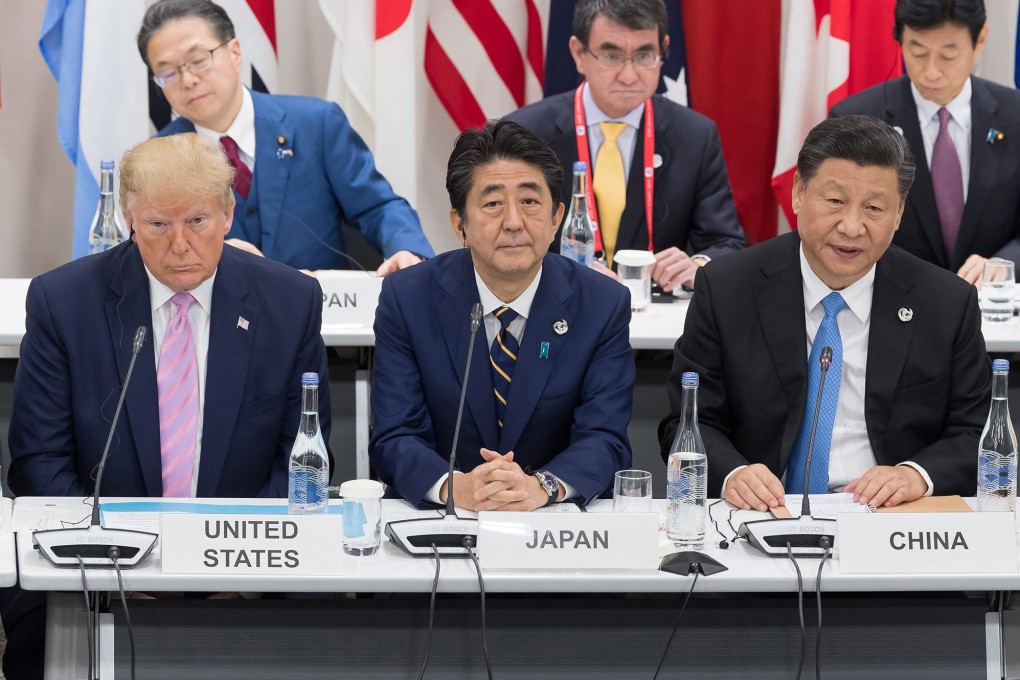Advertisement
On Balance | America needs to realise its real fight with China lies beyond economics
- Regardless of the outcome of the trade war, China will become the world’s largest economy in the not-too-distant future. But there are many metrics to rank countries: the US might lag in some but shouldn’t slip from the moral high ground
Reading Time:3 minutes
Why you can trust SCMP

America sees reciprocity differently from China, an official from Beijing told a group of former diplomats and foreign policy experts in New York last week.
“When it comes to specific issues, you want reciprocity, but in general you want to stay on top of the pyramid. You’re not going to share your power,” said Ruan Zongze, executive vice-president of the China Institute of International Studies, the Chinese foreign ministry’s think tank.
Amid a lively discussion at the Chinese consulate, which included China’s standard arguments about the trade war with the United States and pushback against accusations that the Xinjiang government is running concentration camps, Ruan’s point resonated more than those made by others from the delegation headed by Luo Linquan, vice-president of the China Public Diplomacy Association.
Advertisement
Although this argument sidesteps the reality of Chinese regulations that reserve a large and important swathe of the country’s economy for domestic players, it is still a valid point.
Power-sharing with Beijing will become Washington’s most complex foreign policy dilemma as the reality that the Chinese government will never be a strategic ally of the US sinks in. Many Americans are wondering how a country built on values and ideologies diametrically opposed to those that have guided the US is achieving diplomatic parity on the world stage.
As the navel-gazing continues, pundits and policymakers often bring up the lack of reciprocity in media and information technology, among other areas, as examples of how China has skilfully maintained the upper hand throughout the 40-year diplomatic relationship.
Advertisement
Select Voice
Select Speed
1.00x
